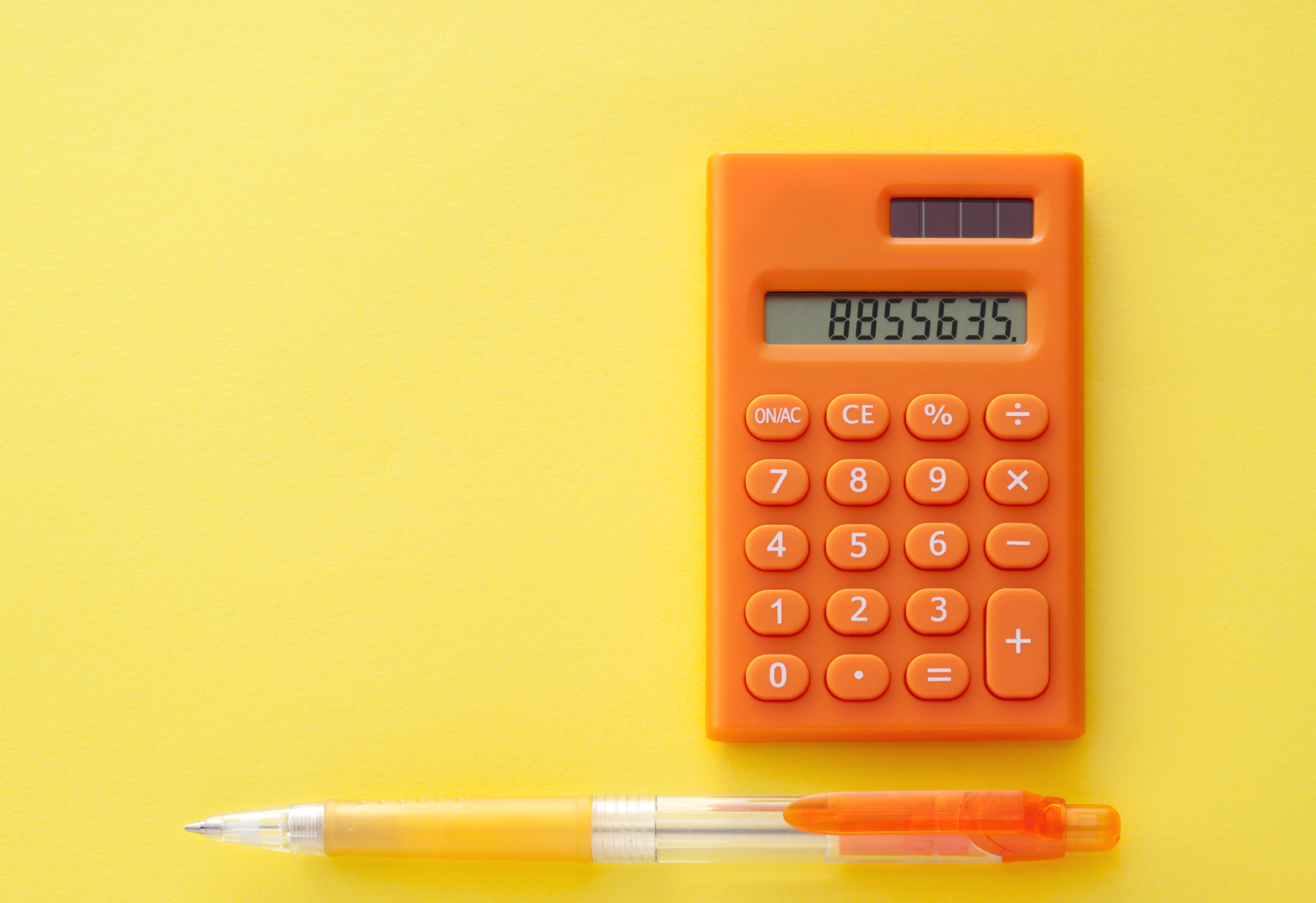In a world increasingly driven by technology, the quintessential question arises: should one opt for the omnipresence of calculators or engage the cerebral faculties for mental calculations? This inquiry transcends mere computation; it delves into cognitive development, the understanding of mathematical principles, and the implications for educational outcomes. This exploration aims to unravel the intricacies associated with both methodologies, auguring a more profound comprehension of when and how to deploy these two forms of calculation.
At the onset, it is imperative to delineate the foundational differences between mental calculations and those performed with a calculator. Mental arithmetic embodies the ability to perform calculations cognitively, leveraging memory, intuition, and the inherent logical structures of mathematics. In contrast, calculators serve as external tools that facilitate rapid computation, yet they can inadvertently engender a reliance that may stifle cognitive growth.
The first aspect to consider is cognitive engagement. When one engages in mental arithmetic, the brain is actively involved in processing information. This mental exercise activates various regions linked to problem-solving and critical thinking. Research has consistently shown that engaging in cognitive challenges enhances neural connections, ultimately fortifying overall brain function. In stark contrast, the reliance on calculators can lead to cognitive atrophy, as the brain’s arithmetic capabilities remain dormant. Therefore, the act of calculating in one’s mind can be viewed as a mental workout, fostering a richer mathematical understanding.
Moreover, mental calculations promote a deeper grasp of numerical relationships and mathematical concepts. Familiarity with numbers, their properties, and how they interact can lead to a more intuitive understanding of math. For instance, when estimating the total of multiple items while grocery shopping, mentally breaking down the prices into simpler components can yield greater insight into budgeting and resource management. Engaging in mental calculations cultivates numerical literacy, which is a pivotal life skill that extends beyond the classroom.
Conversely, calculators excel in scenarios necessitating precision and speed. In advanced mathematical fields such as calculus or complex statistical analyses, calculators can perform computations that would otherwise be laborious and time-consuming. For students and professionals alike, calculators serve as efficient conduits for exploring complex equations and large datasets, allowing individuals to direct their mental efforts towards higher-order thinking, such as interpretation and application of results. Thus, while cognitive engagement is paramount, there are contexts wherein calculators are indispensable.
The scholastic debate concerning the pedagogical implications of calculator use further complicates the issue. Educators often grapple with when to introduce calculators into the learning environment. Proponents posit that early exposure to calculators can demystify mathematics and encourage reluctant learners. They advocate for the incorporation of calculators in educational settings as a means to alleviate anxiety surrounding mathematical tasks. Conversely, critics argue that such reliance can inhibit the development of foundational skills necessary for advanced mathematical study. Striking a balance between fostering mental acuity and harnessing technological advancements becomes crucial in shaping curricula.
One should also ponder the psychological effects of mental arithmetic versus calculator use. Engaging in mental calculations can instill a sense of accomplishment and boost self-confidence, particularly when one successfully navigates a challenging problem. This autonomy in problem-solving can lead to a more resilient mindset, enhancing overall academic performance. In contrast, habitual dependence on calculators can engender feelings of inadequacy, particularly if students are unprepared to perform calculations without technological assistance.
Delving deeper into the implications of both methodologies reveals the significance of context in determining the appropriateness of calculators versus mental arithmetic. In everyday life, there are situations that necessitate rapid, yet approximate calculations—such as dividing a bill among friends—that can be efficiently handled mentally. Conversely, in professional settings or high-stakes testing environments, precise calculations are requisite. Understanding when to pivot towards one approach over the other is pivotal for optimizing mathematical competence.
This analysis culminates in a salient inquiry: How does one intelligently navigate the dichotomy between calculator reliance and mental calculation? To begin with, cultivating mental math skills should take precedence during foundational learning periods, particularly in early education. Fostering an environment where students feel empowered to explore numbers without the crutch of a calculator encourages a robust understanding of mathematical principles. Additionally, integrating technology judiciously—rather than as a replacement for mental engagement—can yield the most favorable outcomes.
Ultimately, the decision to utilize a calculator or engage in mental arithmetic hinges upon several factors, including the individual’s mathematical proficiency, the complexity of the task at hand, and the educational context. Both methodologies offer unique advantages and potential pitfalls, requiring a nuanced approach. By framing the question of calculation not as a binary choice, but rather a spectrum, one can appreciate the importance of maintaining a harmonious balance between cognitive engagement and technological assistance.
In conclusion, an informed approach towards the use of calculators versus mental mathematics can foster not only proficiency in mathematics but also a deeper appreciation for the subject itself. Recognizing that both methods have their rightful place in the mathematical landscape allows for a more enriched and versatile mathematical experience, ultimately leading to a more competent and confident mathematician.












